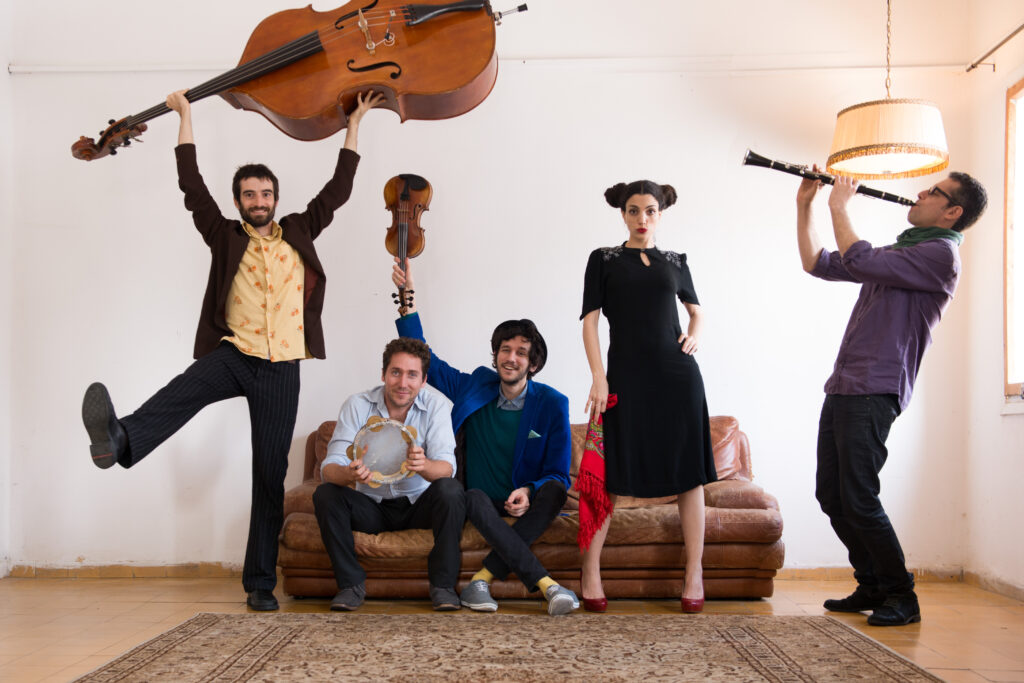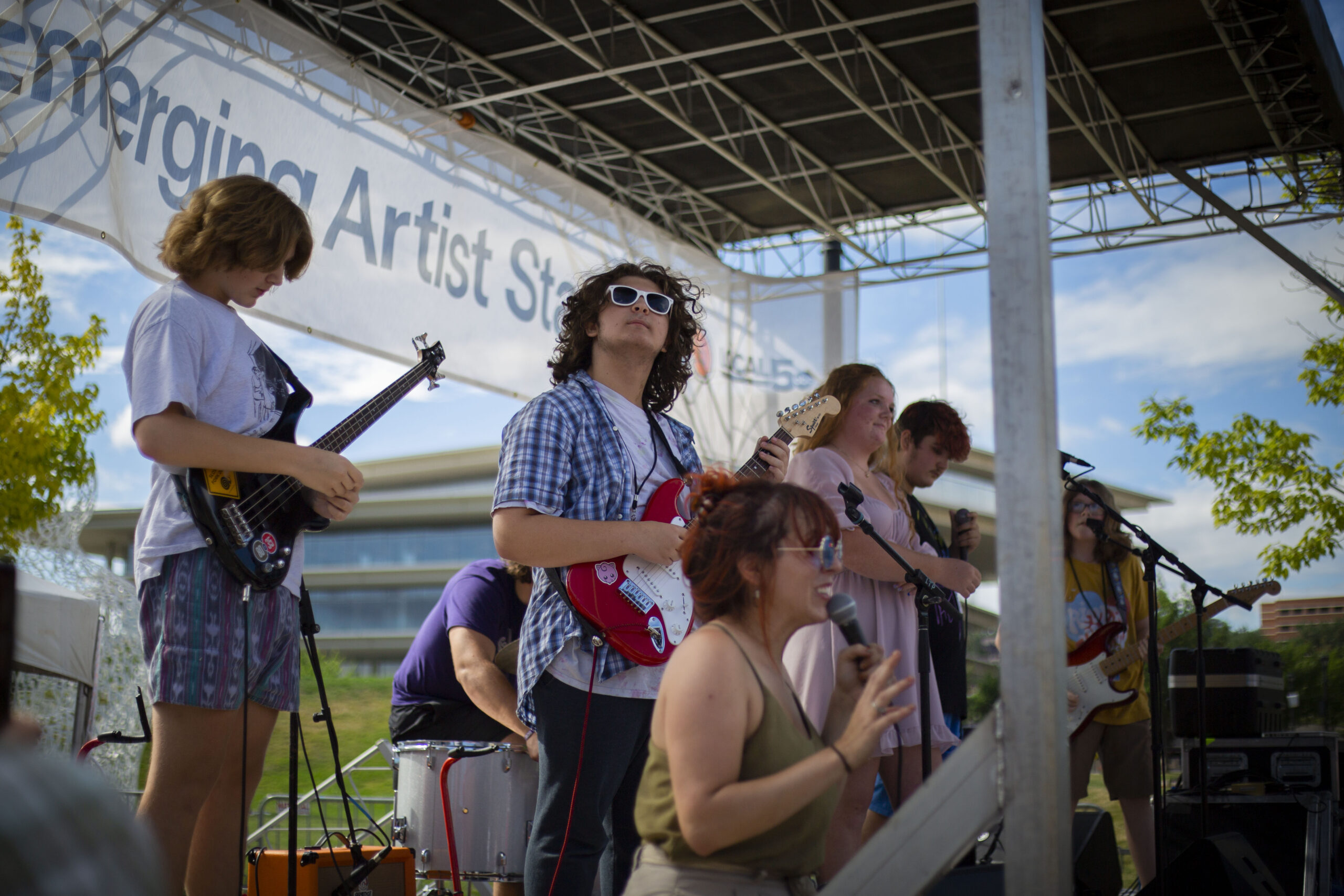Presenters face many challenges when planning a season of arts programs. As a presenter, you want to strive to bring a variety of arts experiences to your community, to serve them well. But many pieces need to fall into place before you are ready to sign artists on the dotted line.
It’s not only the logistics of contracts, technical riders, or matching up openings in artists’ schedules with openings in your calendar. And it’s not only your need to gain approval from a programming committee or board of directors.
More challenging for small and mid-sized presenters are venue capacities, artist costs, and budget constraints. These can limit the selection of artists that you can bring to your community. Many excellent artists have higher fees not because they are greedy or self-seeking, but because they have costs associated with touring their show that they simply must recoup. For example, a 24-member choir from Europe would have significantly higher costs to tour their group as compared to a solo pianist from Illinois.
This is why collaboration is so important for presenters of all sizes. It is tempting to think of neighboring arts organizations as your competition. But the uniting goal you all have in common is to provide quality arts experiences to your audiences. Working together in this way also encourages a spirit of networking and community.
Block Booking and Routing
Block booking and routing are strategies that support programming efforts and foster partnerships among presenters. The terms “block booking” and “routing” are often used interchangeably, but there is a distinction that is worth understanding.
Routing refers to a group of venues that are close to one another coming together to book an artist within a narrow timeframe. Routing allows a group of presenters to negotiate a discounted rate with an agent. The artist saves money on travel because the venues are close together or along a natural travel route. Routing works well for venues seeking artists who have rates slightly above their budget cap. Negotiating a reduction brings the fee into budget range for the presenter.
Block Booking is like routing, but a little more sophisticated. Block booking may allow a smaller organization to afford an artist who would otherwise be out of their budget. In block booking, larger organizations partner with smaller organizations. Together, they offer a combined booking fee for their desired venues and dates. The presenters determine how they will split up the fee, and the artist still earns the total fee that satisfies their needs within the block.
Here is an example of how block booking works:
- Organization A has 2,000 seats and can afford up to a $15,000 artist fee.
- Organization B has 1,000 seats and can afford to pay up to a $12,000 fee.
- Organization C has 500 seats and can afford to pay an $8,000 fee.
These three organizations might all be interested in booking an artist whose fee is in the $10,000 to $15,000 price range. Together, they could offer three performance dates for a total fee of $35,000. The artist would still be in the range of their asking fee for each show, and would view this as a route. Because Organizations A and B can pay a little more, Organization C can present an artist that they may not have been able to afford on their own. Similarly, the artist has an opportunity for an additional performance at a smaller venue that might not have been financially feasible without block booking.
Considerations for Block Booking and Routing
As you consider the possibility of routing or block booking with other venues in your area, there are a few things you will want to consider. You will first need to determine a radius limit for your organization. This would prevent bookings within a certain distance from your venue, reducing the possibility of drawing from the same audience pool as another venue for the same artist. You do not want to be in a situation where you are competing for ticket sales with a venue you are collaborating with.
On the other hand, if you are confident that the artist could sell out multiple shows, radius may not be an issue. In that case, you could actually explore cross-promoting with your fellow presenters.
One particular challenge with block booking is that you need to be honest about your capacities and budget limits. Some organizations are not comfortable sharing budget limitations. Others may not feel it is fair to pay a higher rate than a smaller venue for the same artist. The reality is that with a higher seating capacity, a larger venue has a higher income potential. So, while it may seem unfair on the surface, if the show sells well, all venues will enjoy the benefits of the block booking venture. Negotiating the shared allocation of other expenses, such as accommodations, could reduce the perceived inequalities of artist fees.
Block booking opportunities also exist independent of connection with other venues. Agents build routes for their artists to save on travel time and costs. They often seek fill-in dates and maintain email lists to send routing updates. Agents are sometimes willing to offer reduced rates to a venue that can provide a performance opportunity on a particular route.
Pro Tip
You may want to consider subscribing to email lists of a variety of agents. While some of the emails may not be relevant to you, it may be worth it to find routing opportunities for an artist who would fit your programming goals.

Agents will often use routing to try to help smaller organizations afford artist fees. They may be able to reach out to other venues in your region and confirm dates close to your venue and date. But, the presenter can initiate these conversations, and that helps the whole process with the agent involved.
Making Connections
There are many opportunities to make connections with fellow presenters, agents, and artists. One way to set the groundwork for building these relationships is to attend in-person conferences. There are several regional and national booking conferences in the United States. There are also opportunities to meet in person at smaller, local state consortium conferences and events. These activities aim to promote professional development and camaraderie among members.
Pro Tip
If travel and registration fees are a barrier to attending regional or national conferences, check to see if the conference you are interested in offers scholarships. Many larger conferences offer financial assistance.

A consortium within your state or a neighboring state is a great place to start networking. Members of state consortia often disclose information about artists they wish to book on a forum or in a special meeting for members only. Sharing this information helps make connections for the purpose of routing and block booking.
State networks are also a great place to exchange ideas and best practices. Many network members offer comp tickets to other members. This allows fellow presenters to preview shows they may consider booking in future seasons.
Below is a list of regional and state consortia across the United States. If there is currently no organized consortium for your state, check for regional or bordering state consortia. Many state consortia open membership to bordering states.
If there is no state or regional network near you, consider reaching out to connect directly with neighboring venues in your area. You may even be able to start an effort to build a consortium in your area. Networking and learning about nearby organizations will help build relationships, and strong relationships and trust are key components to making routing and block booking work well.
National and Regional Conference Resources
- Association of Performing Arts Professionals
- Americans for the Arts
- Folk Alliance International Conference
- International Association of Performance Arts for Youth
- International Entertainment Buyers Association
- Western Arts Alliance
State Consortia Resources
- Arizona Presenters Alliance
- California Presenters
- Florida Professional Presenters Consortium
- Georgia Presenters
- Illinois Presenters Network
- Iowa Presenters Network
- Michigan Presenters
- Minnesota Presenters
- Mississippi Presenters
- Montana Presenters
- New England Presenters
- New Mexico Presenters Alliance
- New York State Presenters Network
- North Carolina Presenters Consortium
- Ohio Arts Professionals Network
- Oklahoma Presenters Network
- Pennsylvania Presenters
- Plains Presenters
- Southwest Presenters: Arkansas, Louisiana, Oklahoma, and Texas
- Tennessee Presenters
- Utah Presenters
- West Virginia Arts Presenters
- Wisconsin Presenters Network
